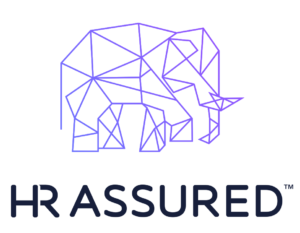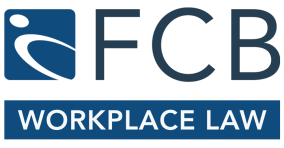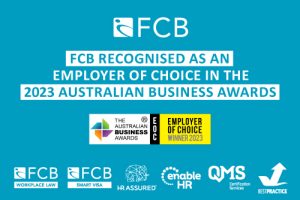Hospitality and Leisure industry: Future-proofing your workforce
August 29, 2016As demand for labour keeps increasing in the Hospitality and Leisure industry, employers are increasingly looking at developing longer-term strategies to attract and retain labour, which almost inevitably involves recruitment of employees from overseas and/or workers in Australia who are in Australia subject to visa conditions.
The Australian Trade and Investment Commission, Austrade, released the Australian Tourism Labour Force Report 2015-2020, which reported, amongst other things, on labour force predictions in the Australian hospitality and leisure industry. According to the Report, the hospitality industry is currently experiencing a shortage of almost 39,000 workers, with Queensland, New South Wales and Victoria being most under-resourced.
The Report has predicted that by 2020, the hospitality and leisure industry will need an additional 123,000 workers (including 59,594 skilled workers) to meet the tourism demands from an increase in visitors from countries such as India and China; with thriving economies, large disposable incomes and a desire for international travel.
These predictions suggest that the industry needs to explore different sources of labour, and as the industry is already well aware, it cannot just rely on the local labour market (either in CBD / metro locations, or in regional areas). Businesses need to consider recruiting employees from different States and Territories, as well as expanding recruitment activities to the international labour market. The challenge for business is two-fold, first, rethinking existing recruitment strategies based on labour predictions, and second, ensuring compliance with Australia’s complex and arguably burdensome industrial framework. So, where to start?
Businesses need to be very clear on what an ideal workforce looks like. Does the business require certainty, and therefore a permanent workforce is better, or does the business require flexibility and therefore a casual workforce is preferred. What about skills? With an increase in overseas visitors, businesses may consider recruiting workers from non-English speaking backgrounds and who are bi-lingual, or workers that have a specialist skill set and may be required for very specific roles, which require an element of cultural liaison. Job advertisements for such roles need to be carefully conceived in order to avoid being potentially discriminatory. Additionally, where job candidates are not Australia citizens, businesses must also consider the range of sponsorship obligations under relevant immigration legislation.
FCB Workplace Law and FCB Smart Visa work collaboratively with businesses to ensure that their particular workforce needs comply with relevant industrial and employment laws. FCB’s scope of expertise extends across all stages of labour planning, and advice can be provided on recruitment strategies, including training and development of existing employees, wages modelling and forecasting, enterprise agreement bargaining, advice on visa requirements for overseas workers and visa processing. FCB Workplace Law can also provide employment documents such as employment agreements, policies and procedures which take into account relevant migration requirements to ensure that all parties have a clear understanding of rights and obligations.
In conjunction with FCB Smart Visa, we will continue to provide updates to the industry on new migration legislation as it becomes available.
If you would like to discuss how FCB can assist with workforce planning and ensure your sponsorship arrangements are compliant, please contact Rod Marshall, lead partner of our Hospitality and Leisure industry team or a FCB Smart Visa representative on 02 9922 5188.

























